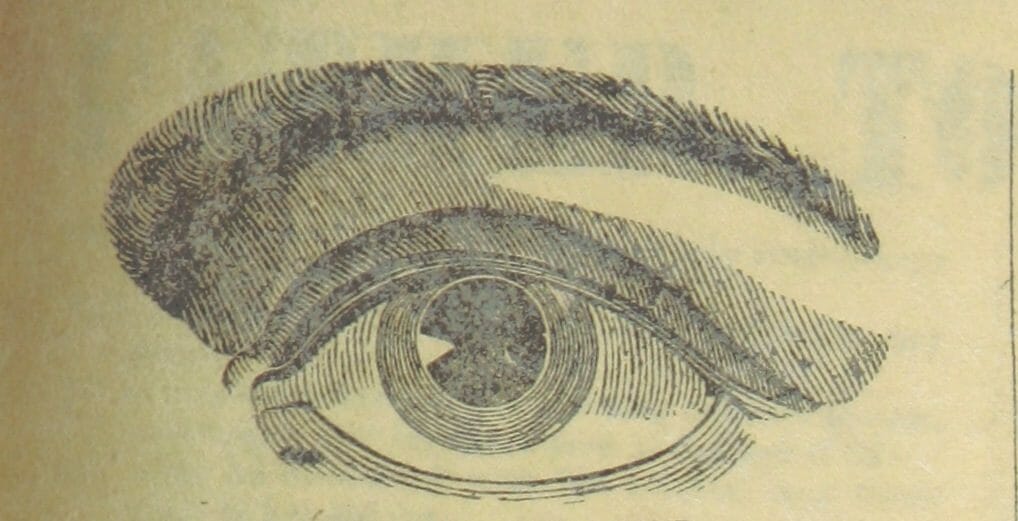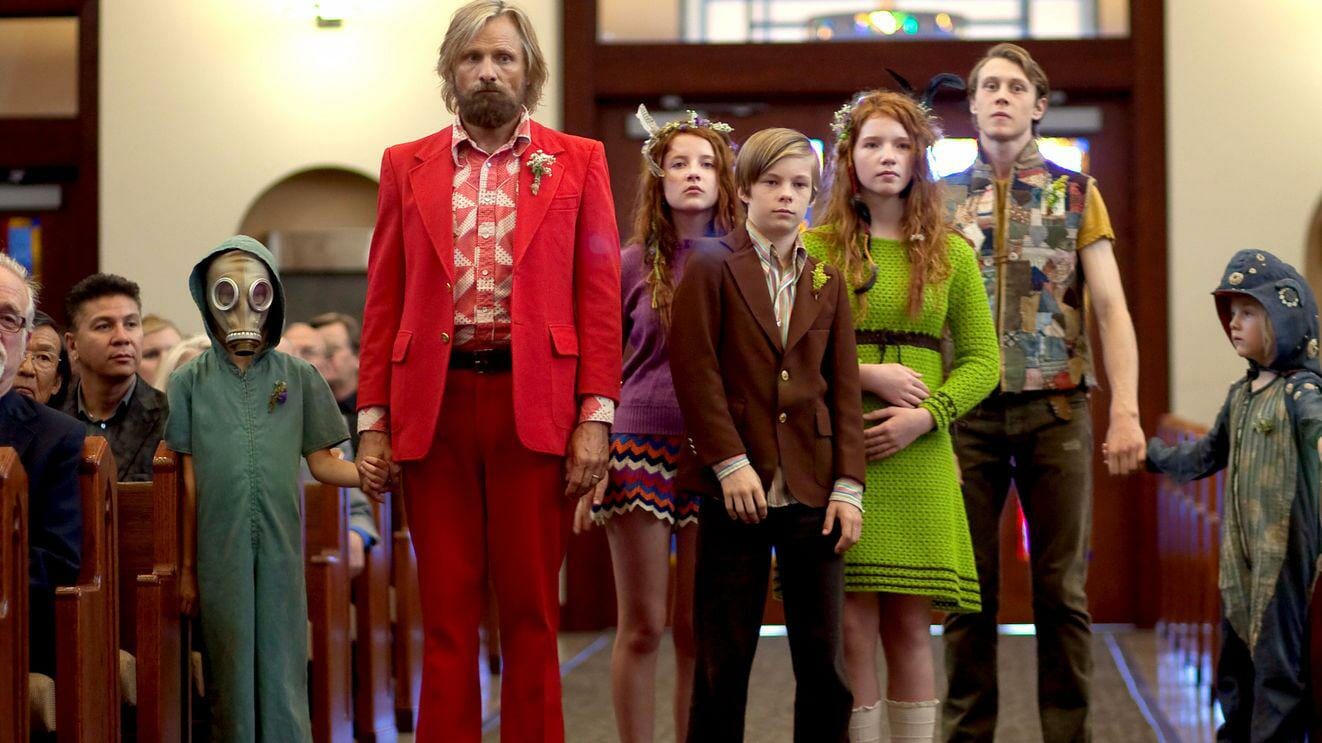
The Burnout Society | Han against freedom
Author
Format
Length
The Burnout Society is the work that brought the Korean philosopher Byung-Chul Han to critical attention in the West. Written in 2010, the essay analyses the ways in which the extreme neoliberal paradigm affects the psychological well-being of the late-modern individual. Han wonders if a society that attributes to the human being the qualities of the computer (multi-tasking, speed, performance) is the cause of the widespread phenomenon of neuronal diseases.
Welcome to the Era of Positivity
The Burnout Society starts with a fact: since the end of the Cold War, with the definitive fall of geographical barriers, the concept of diversity has changed into the concept of difference. Today’s individual is positive, in the sense that he accepts everything that is alien to him: what used to be a not-I is now another possible I. Thus that essential negativity, which for German philosopher Hegel is the presupposition of existence, is missing. This remarkable openness is at the basis of the unlimited neoliberal freedom, amplified by the digital revolution.
Yet this full freedom produces in the individual the anxiety of having to exploit his condition as a free man and the consequent sense of guilt when he lingers. In a nutshell: it makes him anything but happy. Psychologist Barry Schwartz explains this paradox in his book The Paradox of Choice and summarizes it in the eponymous 2005 TED Talk.
The failure of animal laborans
Han considers contemporary society the definitive overcoming of the disciplinary society described by the French philosopher Michel Foucault, in which individuals feel observed and are influenced by their neighbors. He calls it the Performance Society because every actor joins an unbridled pursuit of the aim to be socially accepted.
“Today’s society is no longer Foucault’s disciplinary world of hospitals, madhouses, prisons, barracks, and factories. It has long been replaced by another regime, namely a society of fitness studios, office towers, banks, airports, shopping malls, and genetic laboratories. The society of the 21st century is no longer disciplinary, but a society of the performance.”
This race to excel leads to a new kind of depression. While Herman Melville’s Bartleby – an employee of a Wall Street law firm and protagonist of Bartleby the Scrivener (1856) – was depressed because he was too isolated, controlled and passive, modern Bartelby – any actor of the Performance Society – is instead depressed because he is too connected, free and active.
Responding to the fleeting nature of life with hysterical productivity, as suggested by Hannah Arendt in Vita Activa, leads the animal laborans (the man) to become their own servant, subjugated by their productive potential.
Return to the contemplative life
The myth of Prometheus describes the situation. The member of the Performance Society is both Prometheus, chained to the rock, and the eagle that every day torments him. The image is a metaphor for the relationship between the subject and oneself: a relationship of self-sacrifice, which leads to endless and sterile tiredness. A “tiredness that divides,” as described by the 2019 Nobel Prize for Literature winner Peter Handke in his Essay on Tiredness.
Handke preaches the need to return to a more conscious tiredness that unites and cures those who experience it. According to him, this is possible by re-evaluating the contemplative life devoted to not doing. Evading the pressing call of the world, renewing the barriers that delimit the ego does not mean being less free but more authentic.
Tag
Buy a ☕ for Hypercritic









